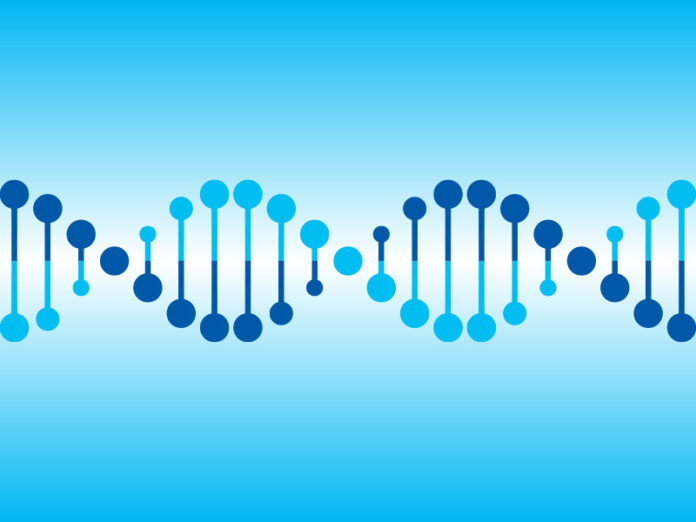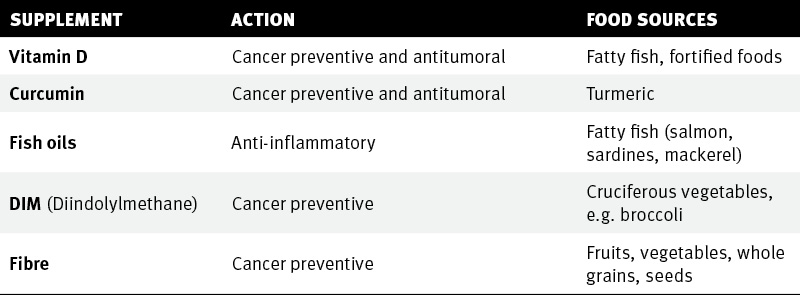
Cancer is the second leading cause of death for Canadian women. Occurrence rates are astonishing with three Canadian women diagnosed with breast cancer every hour. Cancer is not completely avoidable for some of us. Our genetic composition in communication with our environment may make it inevitable. But paying attention to what we can control makes a big difference in delaying and preventing cancer.
With 60 per cent of cancers caused by lifestyle factors, here’s an action plan to fight your cancer risk.
Exercise is one of the most effective ways to reduce cancer risk. Aim for a minimum of 30 minutes per day, five days per week. Rigorous exercise, such as high intensity interval training, has an advantage over moderate exercise in reducing cancer risk. With exercise, inflammation is reduced, natural cancer killing cells increase, hormones are kept in balance, sweating removes toxins and a healthy weight is more easily maintained.
Lifestyle and diet modification are critical. Cancer cells thrive where there is inflammation. Stress helps create a cancer-causing environment by increasing inflammation, causing depression and anxiety, all of which weaken your immune system. Start a stress management system by strictly limiting or avoiding alcohol. One drink per day increases breast cancer risk by up to 13 per cent. Strictly limit sugary foods. Cancer cells use four times more glucose than normal cells. Eat a predominantly organic, plant-based diet with healthy fat and protein sources. Target 30 to 50 grams of fibre daily in your diet. The age-old imperative of quit smoking is paramount.
Maintaining a healthy weight is easier said than done. One in five Canadians have metabolic syndrome, which can make getting to a good weight a struggle. But struggle we must, one day at a time. Excess fat tissue is not our friend. Fat cells are great at storing toxins and making too much estrogen — troublemakers you had best avoid.
Reducing environmental and toxic exposures plays a big role. No one can place a specific statistic on this, because carcinogens are commonplace. Benzene is present in car exhaust, bisphenol A is in some plastic water bottles and radon is naturally present in the atmosphere. Many environmental pollutants are termed endocrine disruptors. Long-term exposure throughout a women’s sexual development may significantly increase breast cancer risk.
Cancer-fighting Nutritional Supplements
There’s no one cause of cancer. Nature spins her web in too complex a pattern to exhaustively pinpoint each cause and effect relationship. Our bodies exist in equilibrium with nature and we know that nature is far off her best these days. This means our bodies need to compensate and nutritional supplementation can help. Here is a basic list to try:

Make sure you consult your doctor before taking nutritional supplements.















